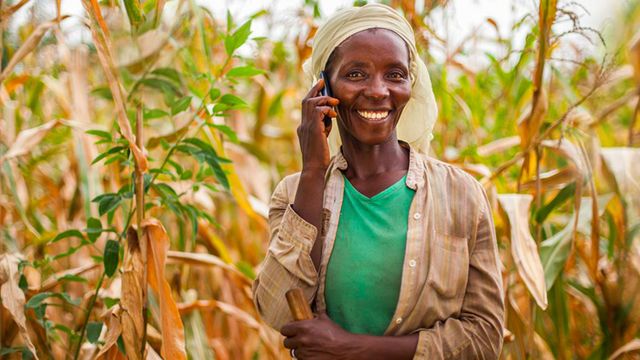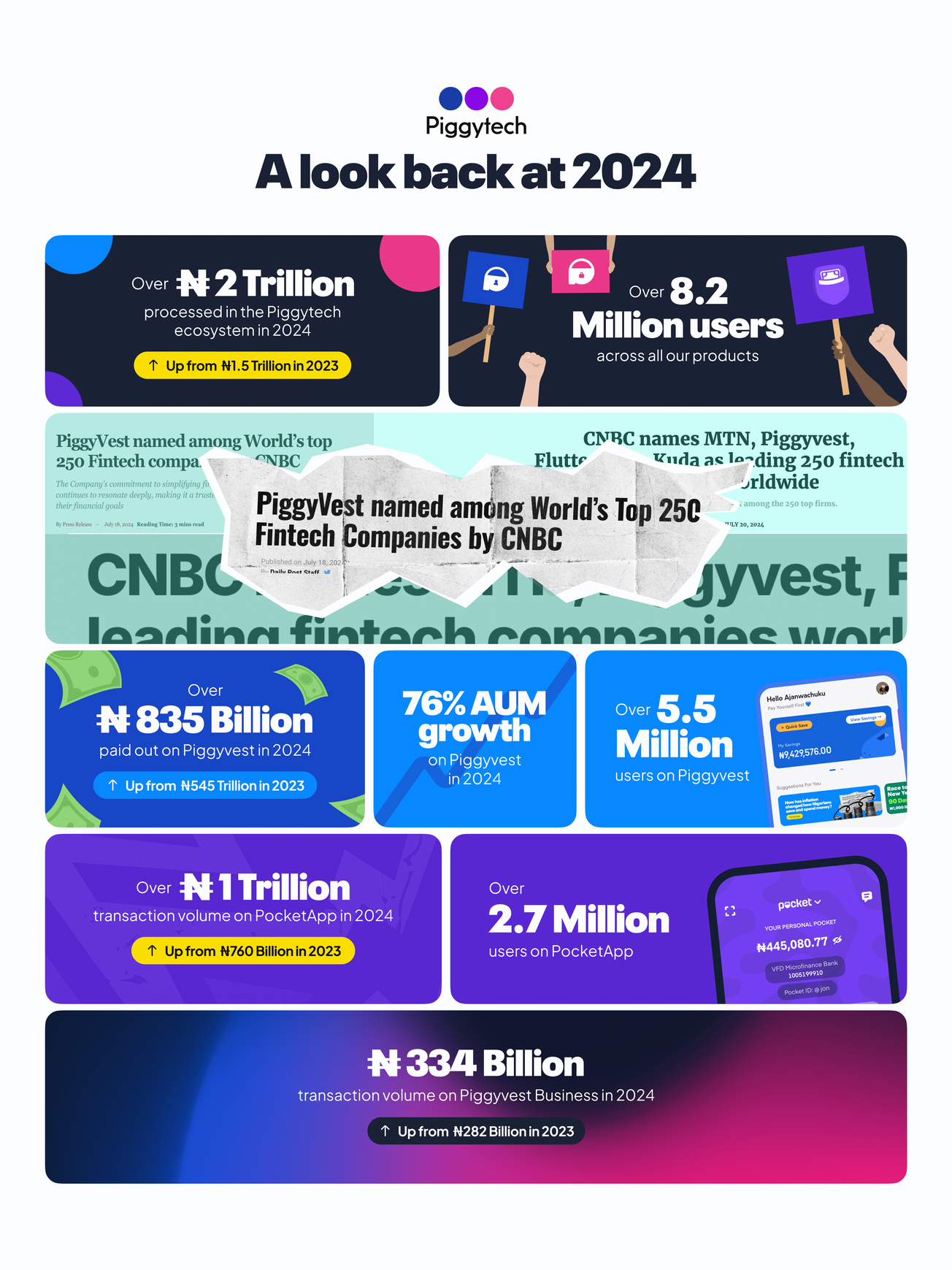On the other hand, Ghana is significantly improving its financial inclusion narrative, as it recently launched innovative policies to further deepen financial inclusion in the country with a focus on women.
In simple terms, Financial Inclusion means access to financial services. This includes, but is not limited to transactions, payments, savings, credit and insurance; whereas financial deepening means usage of financial services
Although Nigeria is making efforts to address issues of financial inclusion, the growth is quite slow compared to some other African countries. Through its National Financial Inclusion Strategy (FIS), a clear agenda is mapped out for significantly increasing access to and usage of financial services. The government is also enabling Fintech regulations to support these emerging fintechs to promote financial inclusion.
Figures published by EFInA shows that overall formal inclusion in Nigeria has been on the rise with varying growth results for banking versus other formal products and services.
Last year, Governor of the Central Bank of Nigeria, Godwin Emefiele moved the financial inclusion target from 80 per cent in 2020 to 95 per cent in 2024.
The overarching questions are: Is it possible for 95 percent of Nigerians to have access to financial services by 2024? What roles does communication play in the achievement of this goal?
Some barriers to financial inclusion in Nigeria as categorized by EFInA include low literacy levels, lack of trust in financial services providers, transaction fees and inappropriate financial products among others.
To accelerate financial inclusion in Nigeria, communication will help create awareness and drive financial literacy to deliver inclusion and trust-building to promote deepening. In the area of financial literacy, individuals will find it difficult to participate in what they don’t fully understand, and vice versa. This justifies the need to educate and enlighten individuals at all levels on financial products and services that are essential to their needs. This can be executed through traditional and digital media, also enabling grassroots communication as practised in some communities.
Trust is vital to achieving financial inclusion and financial deepening in Nigeria. It may sound funny but is assumed that Nigerians have trust issues. Hence, for a country of this nature, communication becomes imperative to foster transparency and credibility which will ultimately help build public trust in the financial services sector. It will strengthen the trust level of Nigerians in embracing financial products and services. A lot is yet to be seen on the impact of the misunderstanding that took place between a Nigerian fintech and its prominent advocate on Twitter, may have had on trust in digital financial services in Nigeria.
Financial inclusion and deepening would only be universal in Nigeria, if the country has a more financially literate population who trust the operations of financial service companies.









